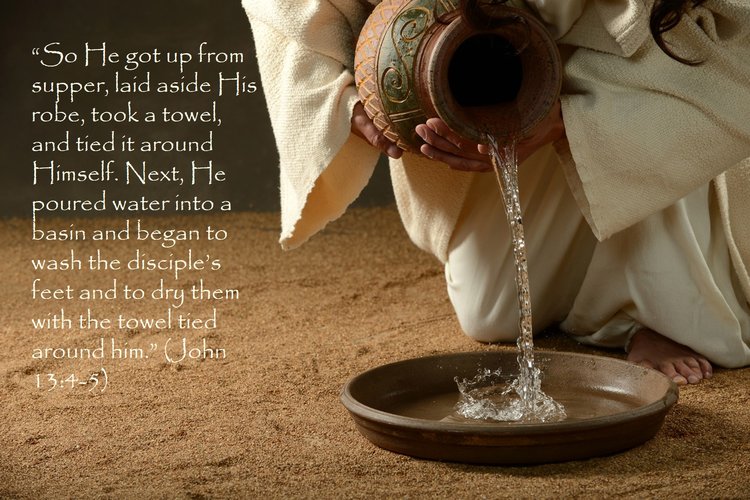What Kind Of Servant are You?

Coming to Jesus in 1969 I understood that becoming a Christ follower was serious business and that’s why I resisted becoming a Christian for some time. You may ask how long I resisted and probably I would have to say all my life, though I didn’t realize it at the time. Sometime we resist the “Presentation” of Christianity and of Christ. We call this religion. This happens when we color the meaning of Jesus’ words and life to suit our motives or lifestyle. In truth, this representation is a counterfeit though the people in it don’t see it that way.
When I was around 10 years old I woke up one day with the thought of, “I Need To Find God.” Now, I wasn’t raised in a Christian home or even a religious home so this was a little strange for some people to hear. I didn’t think God was lost, and I didn’t know I was lost, but I knew I didn’t know who he was or if he was interested in me. You see, I was going to an elementary school in California and there was this thing called “Religious Relief” where kids could go to where this kind old lady taught Bible stories once a month. I forged my parents signature to go, and found that I wasn’t the only “Pretender” in this hour class. Most of the boys just went to get out of regular school for an hour and to get the chocolate the lady handed out. I think from the few times I went I started to get curious about if God existed and, if he did, I had some serious issues I wanted to complain to him about. I went on my own to most of the churches in my town: Catholic, Protestant and everything in-between. At the end of a year long search I concluded that if there was a God, based on what I learned from others, I wanted nothing to do with him. I left and became more entrenched in my selfish ways.
If Christians would read the scripture and discover what Jesus came to earth to do in humanity there would be a lot fewer atheist and a whole lot more believers. I remember reading about Mahatma Gandhi’s experience with people who called themselves Christians that were not living as Christ intended.
WHY GANDHI SAID – “If it weren’t for Christians, I’d be a Christian”
While Gandhi was a practicing Hindu, Christianity intrigued him. In his reading of the Gospels, Gandhi was impressed by Jesus whom Christians worshipped and followed. He wanted to know more about this Jesus that Christians referred to as “the Christ, the Messiah.”
The Rev. Pattison tells the following story: One Sunday morning Gandhi decided that he would visit one of the Christian churches in Calcutta. Upon seeking entrance to the church sanctuary, he was stopped at the door by the ushers.
He was told he was not welcome, nor would he be permitted to attend this particular church as it was for high-caste Indians and whites only. He was neither high caste, nor was he white. Because of the rejection, the Mahatma turned his back on Christianity.
With this act, Gandhi rejected the Christian faith, never again to consider the claims of Christ. He was turned off by the sin of segregation that was practiced by the church. It was due to this experience that Gandhi later declared, “I’d be a Christian if it were not for the Christians.’”
In Buddhism there is a saying, “Don’t confuse the finger-pointing at the moon for the moon itself.” This means the finger-pointing at the moon teaches us that although someone points to the moon to show us the truth of its luminosity, the finger-pointing is not the moon itself.
Likewise, the practitioner of a religion doesn’t always practice the religion the way it was originally taught. ……….. Written by – LAMA CHUCK STANFORD & ARVIND KHETIA
John 13:12-17 CALL TO SERVE OTHERS
When he had finished washing their feet, he put on his clothes and sat down again. He asked, “Do you understand what I have just done for you? [13] You call me ‘Teacher’ and ‘Lord,’ and you are right, because that is what I am. [14] If I, your Lord and Teacher, have washed your feet, you also should wash each other’s feet. [15] I did this as an example so that you should do as I have done for you. [16] I tell you the truth, a servant is not greater than his master. A messenger is not greater than the one who sent him. [17] If you know these things, you will be blessed if you do them.
If we as Christ followers live like Jesus intended then we will have the same values Jesus does or at least we will be learning how to incorporate them. Jesus loved people to the point of going to the cross to secure their forgiveness. For as many as would embrace him as the Lord of their lives he becomes their savior. So the disciples would not misunderstand what he was saying he washed their feet to illustrate this kingdom value.




Leave a Comment